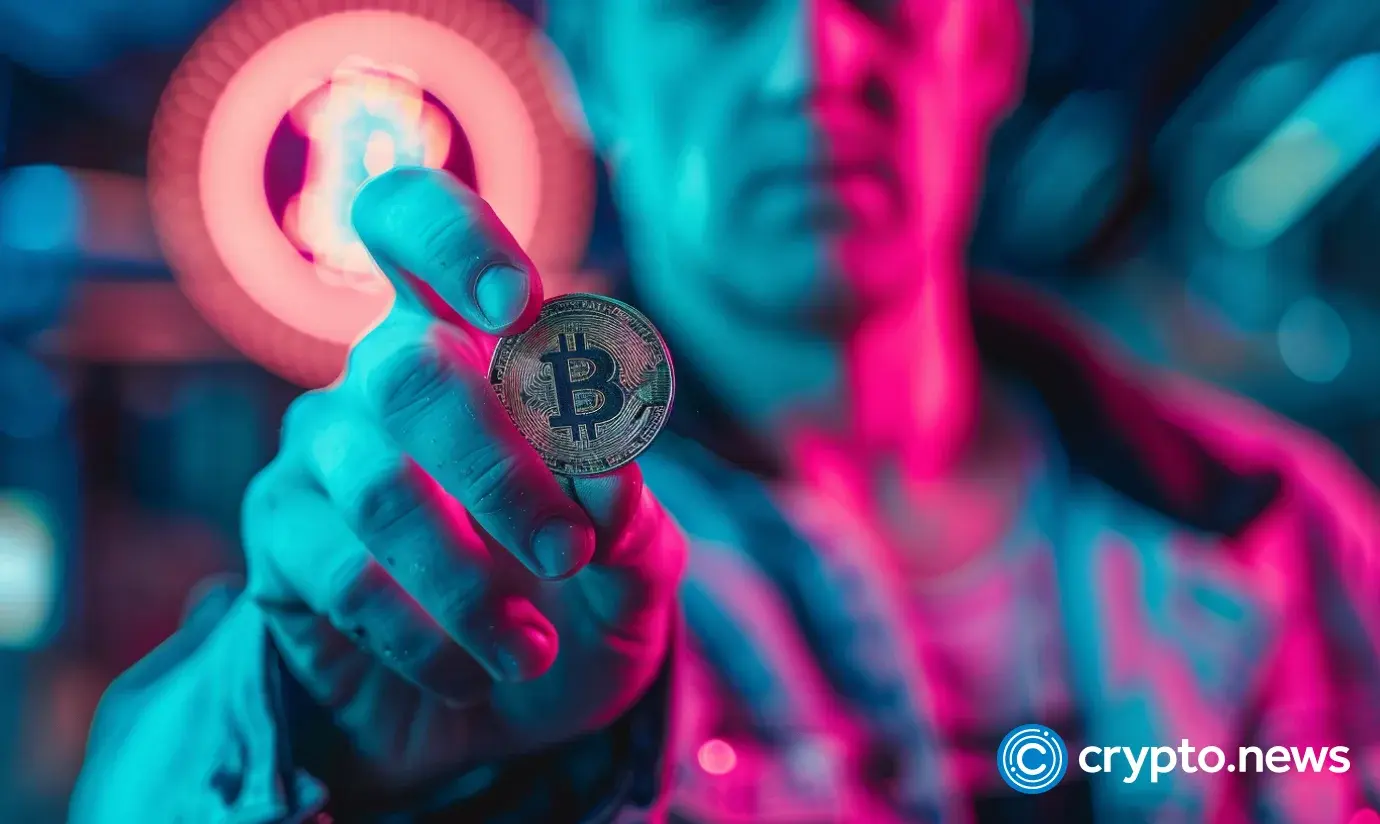Blockchain-based play-to-earn (P2E) games stole the show in 2021, exploding from a fringe hobby into a major part of the decentralized space. They even helped people in developing economies put food on the table, as these games’ economic models do not shun things like farming in-game currency and items to re-sell to other players, which many non-blockchain massively multiplayer online games (MMOs) frown on, to say the least.
The mainstream gaming industry was taking notes as the P2E rocketship shot for the moon — and its flight has left the industry bitterly splintered. On the one hand, top executives from leading games companies, such as Ubisoft and Square Enix, set their sights on the new market, seeing new business models, new revenue streams, new monetization opportunities — and telling investors that they’re in on what the cool kids are doing can always score a few bonus points.
Related: Play-to-earn games are ushering in the next generation of platforms
On the other hand, though, gamers themselves were less impressed, lashing out against blockchain initiatives even from beloved developers. Developers aren’t rushing to embrace the novel tech, it seems: About 70% of game developers have no appetite for blockchain or crypto, a major recent poll showed. This also means that 30% are interested to various degrees, but the overall sentiment is negative.
Interestningly, the survey included some of the concerns that developers had about developing games on the blockchain. These mostly amounted to all the regular criticisms the crypto community has long grown used to — the environmental impact, scams and monetization concerns. Well, let’s get things straight once again, this time focusing especially on the gaming world.
No, blockchain doesn’t have to set Earth on fire
Blockchain’s environmental impact is the lowest-hanging fruit for a critic to go after but, at this point, this probably has more to do with the perception of the industry than its actual state of affairs. Yes, it is true that Ethereum, the second-largest blockchain by market cap, has a high carbon footprint due to its use of the proof-of-work consensus mechanism — but nothing compels you to develop on Ethereum in the first place.
Related: How blockchain technology is transforming climate action
It’s no secret that sustainability is one of the major fronts in the DeFi battle for Ethereum’s throne. Multiple other blockchains, from Cardano and Avalanche to WAX and BNB Chain, flaunt their low energy consumption to attract more eco-friendly dev teams. Blockchain gaming is no different, and the vast majority of game developers build their projects on eco-friendly chains.
Granted, the main reason for building on Ethereum is the fact that you enter a developed ecosystem worth almost $310 billion, which is more promising for your bottom line than moving into one with a lower market cap. That being said, cool projects bring more people and transactions into any blockchain network, which drives up its token price and market cap. Furthermore, as dozens of chains support the Ethereum Virtual Machine, which is the runtime environment for smart contracts, developers will have an easy time migrating their apps back to Ethereum once the network fully moves to proof-of-stake.

Moreover, developers can take one step further and build sustainability into their economy by design. They can hard-code royalty payments to carbon offset providers into their NFTs and tokens, committing themselves to eco-friendliness in the firmest way possible. Energy and finance are already shopping hard for carbon credits, after all, so it could make sense to adopt a similar strategy as part of a larger quest for eco-friendly decentralization. Sure, this would carve into the studio’s earnings, but sustainability is worth it.
No, blockchain isn’t all about scams
Crypto does have a scam problem — that is undoubtedly true. Over the past year, scammers, fraudsters and hackers were…
Read More: cointelegraph.com









 Bitcoin
Bitcoin  Ethereum
Ethereum  Tether
Tether  Solana
Solana  USDC
USDC  Lido Staked Ether
Lido Staked Ether  XRP
XRP  Toncoin
Toncoin  Dogecoin
Dogecoin  Cardano
Cardano  Shiba Inu
Shiba Inu  Avalanche
Avalanche  TRON
TRON  Wrapped Bitcoin
Wrapped Bitcoin  Chainlink
Chainlink  Polkadot
Polkadot  Bitcoin Cash
Bitcoin Cash  NEAR Protocol
NEAR Protocol  Polygon
Polygon  Litecoin
Litecoin  Internet Computer
Internet Computer  Uniswap
Uniswap  Fetch.ai
Fetch.ai  Dai
Dai  LEO Token
LEO Token  Ethereum Classic
Ethereum Classic  Render
Render  Hedera
Hedera  Pepe
Pepe  Aptos
Aptos  Wrapped eETH
Wrapped eETH  First Digital USD
First Digital USD  Immutable
Immutable  Cronos
Cronos  Cosmos Hub
Cosmos Hub  Filecoin
Filecoin  Mantle
Mantle  Stellar
Stellar  Arweave
Arweave  Renzo Restaked ETH
Renzo Restaked ETH  OKB
OKB  Stacks
Stacks  The Graph
The Graph  Optimism
Optimism  Arbitrum
Arbitrum  Bittensor
Bittensor  Maker
Maker  dogwifhat
dogwifhat